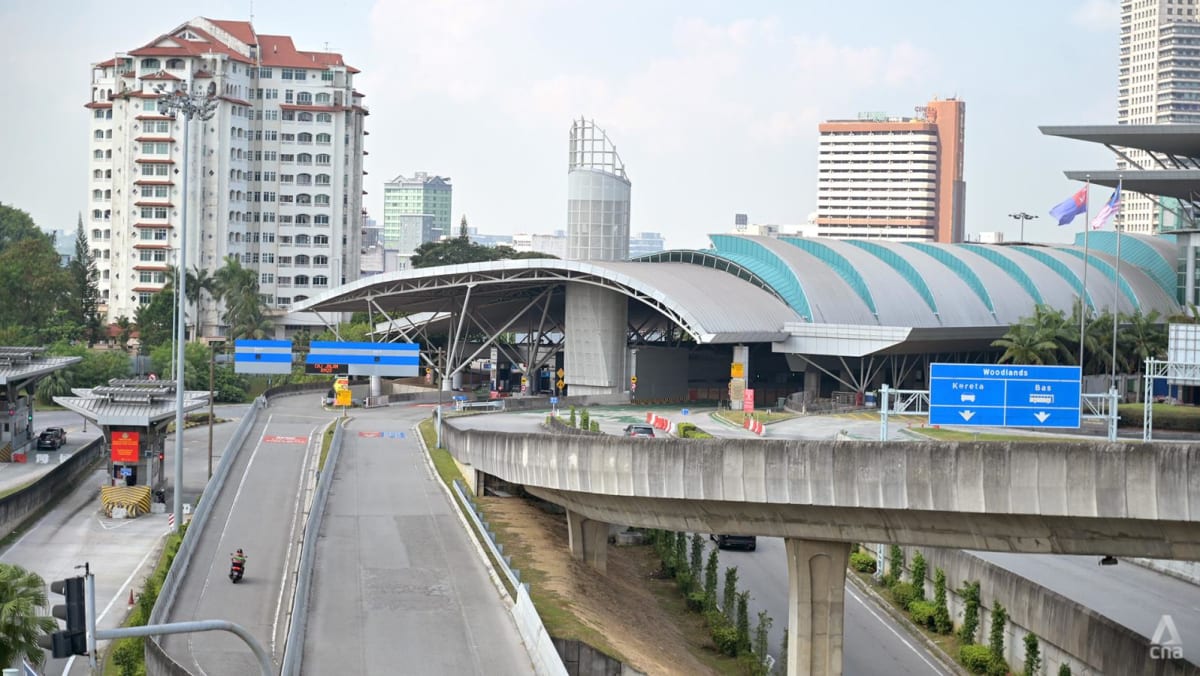Malaysia to Launch QR Code Clearance Pilot Program for Factory Workers at Johor Land Checkpoints

The Johor state government has launched a pilot initiative aimed at improving border crossings between Malaysia and Singapore for Malaysian citizens traveling in “bas kilangs.” Despite being part of this program, commuters will still need to carry their passports with them. The goal of this initiative is to streamline immigration procedures and enhance the travel experience for this specific group of travelers.
This move comes as part of efforts to reduce congestion at the Causeway and make border processes more efficient. By including Malaysian citizens in “bas kilangs,” the government hopes to simplify immigration procedures and make border crossings smoother. This initiative is a key component of a broader strategy to address challenges at the border and create better connectivity between Malaysia and Singapore.
While the pilot initiative is currently limited to Malaysian citizens in “bas kilangs,” it represents a significant step towards testing the effectiveness of such programs and finding solutions to border-related issues. By focusing on a specific group of travelers, the government can gather important data and insights to inform future decisions and improvements in border management.
Despite the requirement for commuters to still carry their passports, the pilot initiative is expected to reduce waiting times at the border and improve the overall travel experience for Malaysian citizens. This demonstrates the commitment of the Johor state government to addressing the challenges faced by commuters traveling between Malaysia and Singapore, especially during peak hours. Through targeted solutions and innovative approaches, the government aims to enhance cross-border connectivity and make travel more efficient for all.
As the pilot initiative progresses, it will be crucial for stakeholders to monitor its impact on border crossings and gather feedback from participants. This feedback will play a key role in evaluating the effectiveness of the program and identifying areas for improvement. By involving relevant authorities, transport operators, and commuters in the evaluation process, the government can make informed decisions and tailor future initiatives to better meet the needs of travelers.
In summary, the pilot initiative introduced by the Johor state government for Malaysian citizens traveling in “bas kilangs” is a significant step towards improving border processes and connectivity between Malaysia and Singapore. While passports are still required, the initiative aims to streamline immigration procedures and enhance the travel experience for commuters. By focusing on this specific group of travelers, the government can collect valuable insights to address challenges and make the border crossing system more efficient and user-friendly for all travelers.






